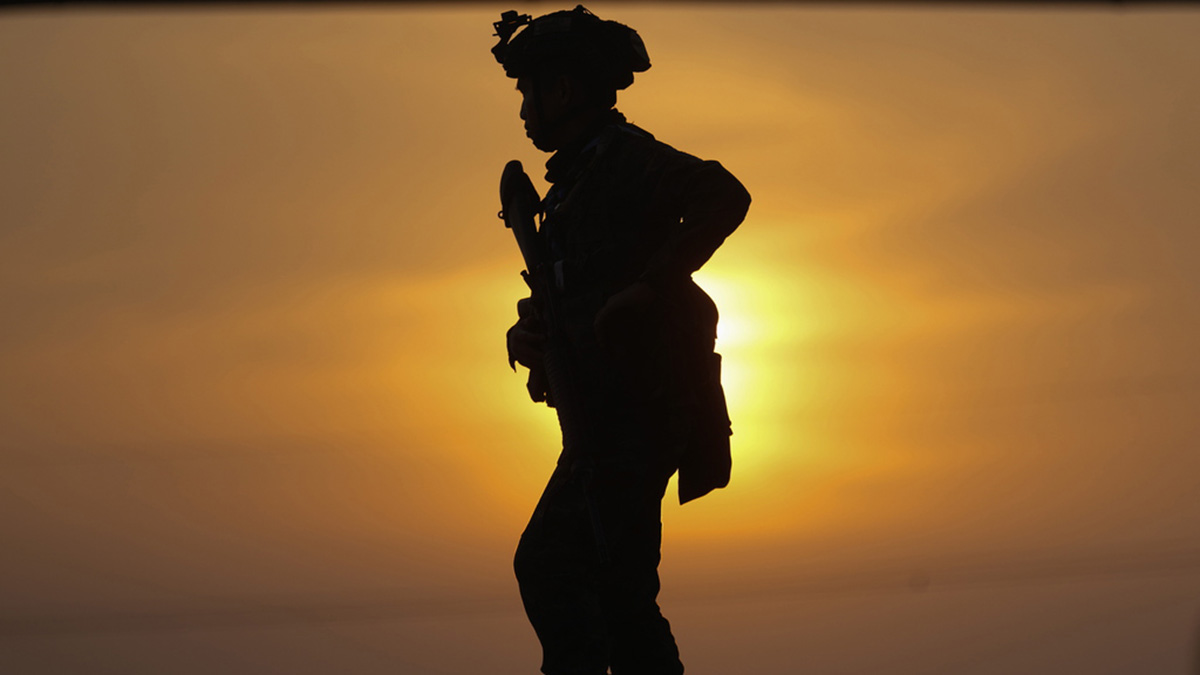Thailand is a popular tourist destination but a difficult political map to understand. It’s a constitutional monarchy led by a dynasty founded in 1762. Its royalist military has ruled for most periods with a few interludes since 1947, when the first post-World War II military coup happened. A new constitution was adopted in 2017. And on the back of a youth-led pro-democracy campaign, a general election happened in 2023. Last month what political analysts called the “world’s most complicated election” to the Senate of Thailand.
Why Senate election is “most complicated”
Unlike a general election, voting for the Senate follows a possibly not-seen-anywhere-else mode of polls. After the election schedule is announced, any number of candidates can name themselves for the Senate election, provided they have professional experience in one of the 20 stipulated sectors — including government, education, public health, gardening, industry, fishery, freelance work, communications and tourism.
These candidates, who could be in thousands, vote for one another in several rounds to determine who all get eliminated until 200 — 10 from each of the 20 sectors — are left on the list. They are the new Senators of Thailand.
All the candidates run as Independent nominees, though they can come from any of the leading political parties that contest the general election, where common voters participate. The candidates running for the Senate must also pay a fee of $68 to be eligible for the contest.
Activist groups ran campaigns, urging Thai professionals to register themselves for the election in large numbers. Nearly 3,000 ultimately contested the Senate polls.
Who has the edge: Military or pro-reform activists?
Impact Shorts
More ShortsIn the 2023 general election, pro-reform parties caused an upset for the military-controlled government. It was described as the worst imaginable result for the Thai establishment.
The progressive Move Forward Party — led by Pita Limjaroenrat — won 151 seats in the 500-member Lower House. The Pheu Thai (For Thai) party led by Thaksin Shinawatra, who was ousted in a military coup in 2006, won 141 seats. And the military-backed United Thai Nation Party led by Prayuth Chan-ocha, the general who led the last coup in 2014 and the incumbent prime minister, could win only 38 seats.
Pita Limjaroenrat was supposed to become the prime minister but the Senate blocked his elevation and Srettha Thavisin, the moderate leader who formed a coalition with the military and royal establishment became the prime minister.
This happened because the Senate was in control of the military establishment. All 250 members were appointed by the military in 2019, when the Senate was first formed. This was the first election that happened for the Senate since the last military coup and also since the new constitution was adopted.
Is the new Senate different?
Since it has been elected for the first time, the military’s complete control as it had over the previous Senate has weakened. But the military’s control still looks to be dominant even though it is not yet clear how many of the 200 newly elected Senators are on the side of the military establishment and what numbers do the pro-reform parties have.
There are two interesting things to note here from the new Senate. One, the official release by Thai PBS, the public broadcasting service, says that General Kriangkrai Srirak, former assistant to the Army Commander and former commander of the 4th Army, is likely to be the Senate President. The release said Kriangkrai received the most votes among the Senate candidates in the administration and security group from Surat Thani Province and has “a chance of being elected Senate President”.
The news of Kriangkrai being a potential candidate for the Senate’s presidency has sparked considerable debate in Thailand, particularly in military and political circles. Known as the “Iron-Bone General” after he miraculously survived a helicopter crash in 2022, Kriangkrai stepped down as advisor to Interior Minister Anutin Charnvirakul to join the senatorial election under the “governance and national security” group.
As Thailand’s election commission confirmed the Senate election results, it emerged that candidates belonging to Anutin Charnvirakul’s Bhumjaithai Party, the third-largest in the Lower House, have secured 123 or over 60 per cent of the seats in the Upper House.
This indicates that the military continues to hold its sway over the Senate through a complicated election process that eliminates free challengers.
The second interesting thing to note is that the elected Senate reportedly has limited powers compared to the House that the military had nominated five years ago. One key restriction is that the new Senate will not be able to elect or block a prime minister. The new senators, however, can scrutinise and endorse bills, vote on constitutional amendments, and endorse candidates to offices such as the Election Commission of Thailand, the Constitutional Court, or the National Anti-Corruption Commission.
)